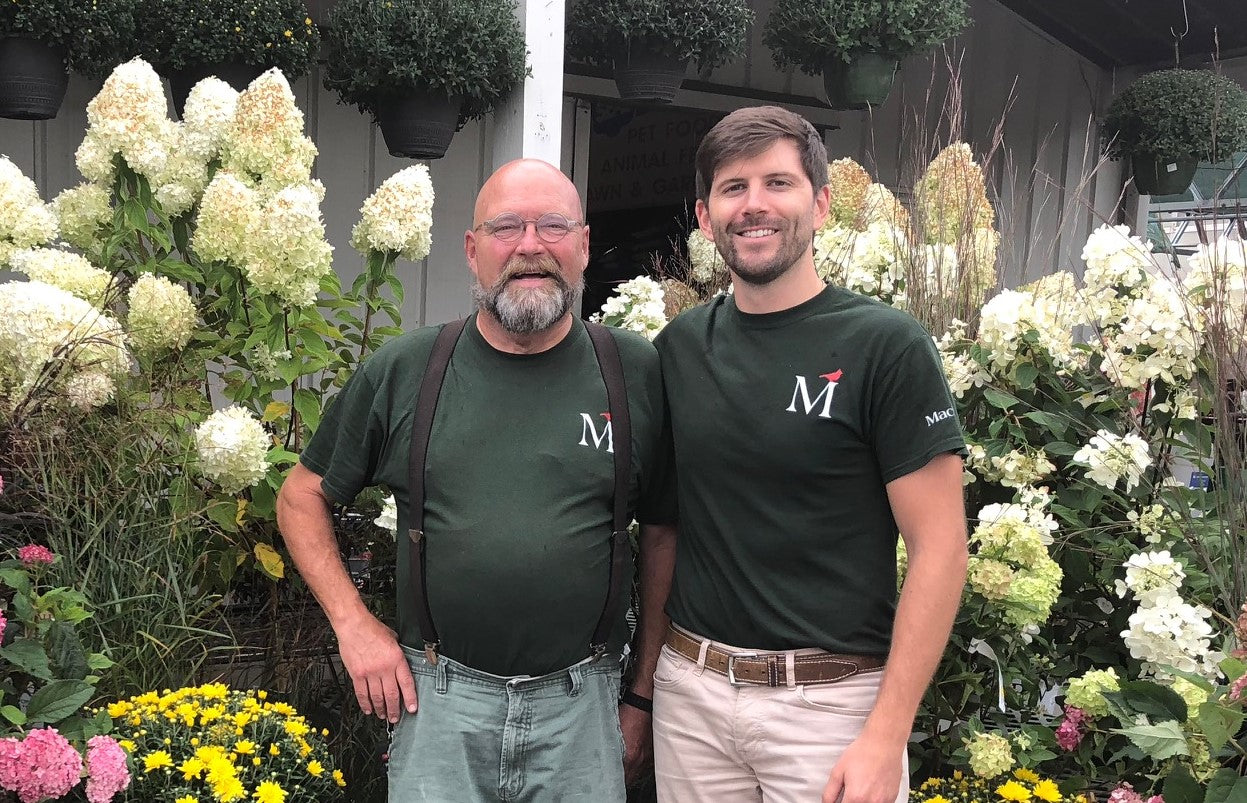
Growing Home Ep. 8 - Herbal Remedies with Kassie Mashiak
Our guest for this episode is Kassie Mashiak, owner of Kassandra’s It’s About Thyme- Herbs Unlimited. Kassie shares with us how to use herbs to achieve a healthier lifestyle. Herbs should be used in conjunction with mainstream medicine. Discuss herbs with your doctor before using them, especially while nursing or pregnant. When you begin using herbs, be aware they can work differently for different people. Use only one or two herbs at a time to gauge personal effectiveness, and to be aware of bad reactions. Kassie says that herbs sold commercially can be less effective, as they sit in a warehouse for extended periods of time and are irradiated, “losing their life-force.” Store herbs away from light and heat, and store in glass jars. Leaves can last at least 1 year, and seeds, roots and bark last at up to 3 years. Research before using an herb. Learn what parts you can use, what the dosage is and how frequently you should take them. As well, learn about weeds that grow in your yard since they may be beneficial. However, don’t use herbs from your own property if you spray pesticides, or if it’s close to the road!

Hosts Len & Terry
 |
 |
 |
Growing Home - Herbal Remedies
About Kassie Mashiak:
Kassie started studying herbalism in the late 70s, as she wanted to make teas from her garden. She was influenced by the work of individuals like Dr. Bernie Siegel. Kassie says there are multiple herbal traditions, and she practices the western herbal system. Kassie opened Kassandra’s It’s About Thyme- Herbs Unlimited in 1995. She sells herbs in various forms, including tinctures, capsules, and teas. Kassie maintains that herbs should be accessible and affordable. As well, she likes to learn about new uses for herbs from her customers. For more information about Kassie’s products, or herbalism in general, you can call Kassie at 860-749-0839.
http://www.kassandraherbs.com/
Kassie’s Uses for Herbs:
Most herbs have multiple uses, but here are some she pointed out during our conversation.
Alfalfa: Anti-Histamine
Astragalus Root: Immune Enhancer- Be careful if you have an autoimmune disorder
Chamomile: Use while nursing to calm colicky babies
Chickweed: Lots of vitamins, good in salad
Echinacea Root: Immune Enhancer- Don’t use longer than 7-10 days.
Elderberry: Treats Flu, Anti-Viral- Must Be Dried, Cooked or Made into Tea
Elderflower: Clears Mucus Secretions
Goldenrod Flower: Antidote for Ragweed Allergy
Herb Trimmings: put in a bag to keep bugs away from clothes
Lavender: Anti-Microbial
Marshmallow Leaves and Root: Helps with Post-Nasal Drip, may spike blood sugar
Nettle: Anti-histamine- Must be Dried or Cooked, or Made into Tea
Oregano: Anti-Microbial
Plantain Weed: Bug Bites and Skin Irritation
Purslane: Lots of vitamins, good in salad
Raw Local Honey/ Bee Pollen: Immune Booster
Red Clover Flower: Blood Purifier, Lymphatic Cleanser
Tansy: keeps flies away from garden
Thyme: Anti-Microbial
Tropical Hibiscus Flower: Lowers Blood Pressure
Tulsi/Holy Basil: Stress Relief- Don’t use if you are pregnant or nursing. May interfere with monitoring glucose.
A Few Tips for Growing Herbs:
Chamomile is easy to grow and likes humus soil and shade. Roman Chamomile is self-seeding.
Thyme and other “Mediterranean” herbs like dry areas.
Lavender likes good drainage, soil with lime, and a well-regulated temperature. However it’s slow to green up, so it may look dead early in the season. Give it time to grow, and don’t till over where it’s planted.
Make sure to trim Sage in the fall, as it can get out of hand.
Herbal plants like to grow in stone patios.
Purslane likes shady areas.
Harvest Encaenia every 3-5 years, but leave some roots so it can regrow.
When you harvest herbs, pick at the peak of the plant’s season, and do it early in the morning after dew dries, or early evening before dew forms.

Leave a comment